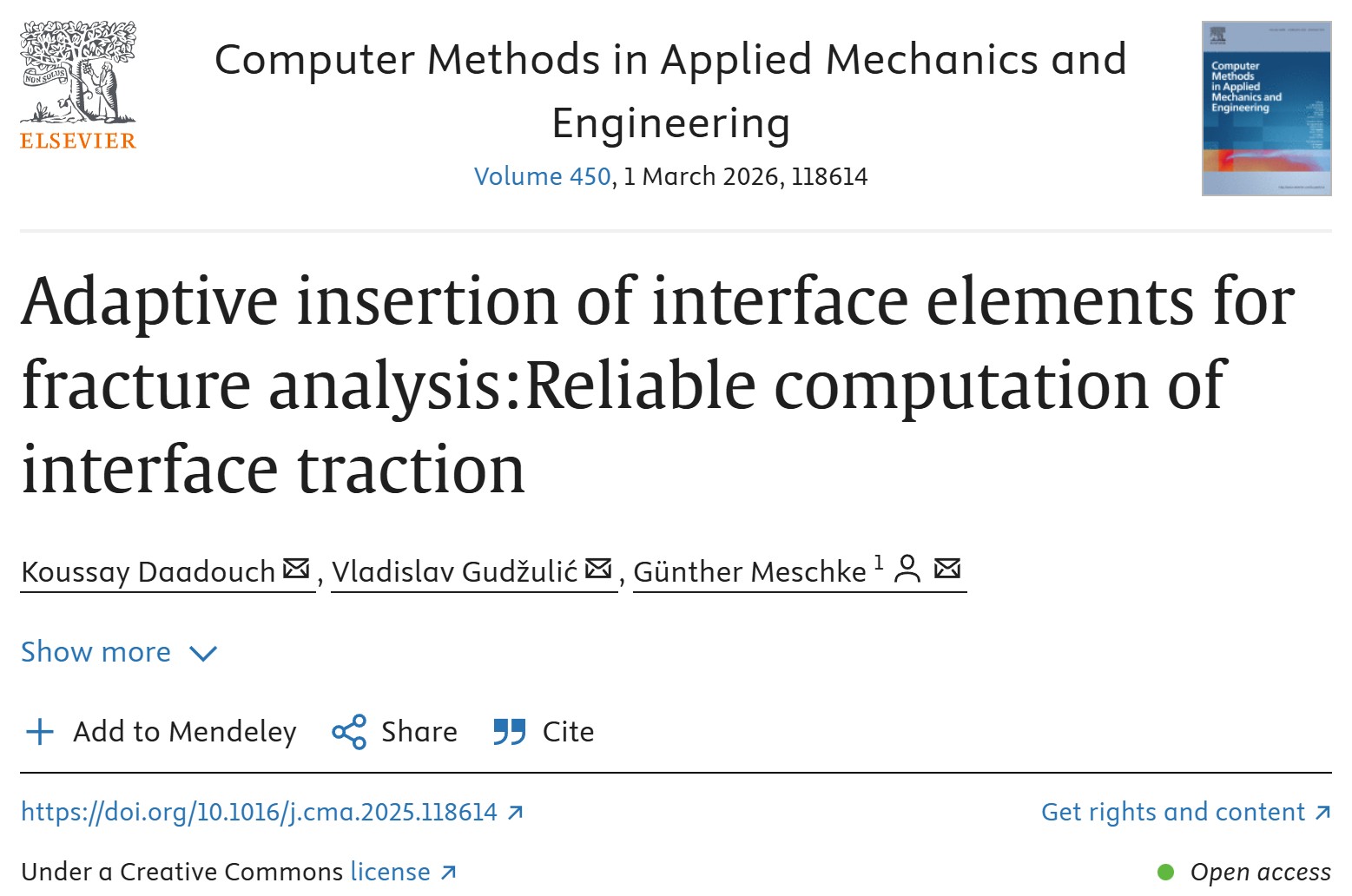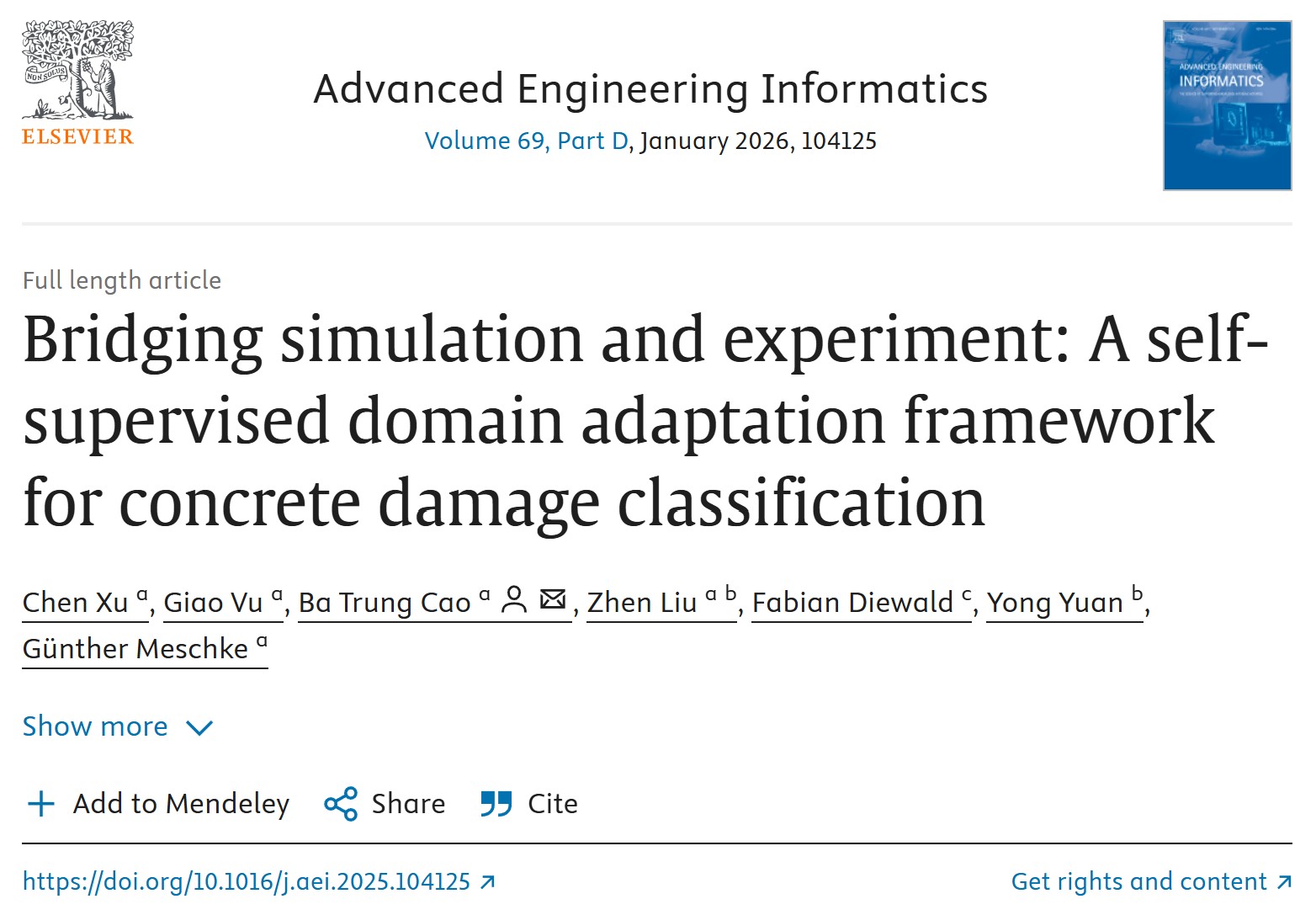
26.11.2013
The core competences of civil engineers are designing, building and maintaining structures and buildings to enable life and business for society. This includes the prevention against natural hazards such as climatological, hydrological, meteorological and geophysical disasters. Such complex hazards ask for sophisticated techniques to ensure appropriate safety standards for society. Too low safety standards can result in many casualties and much economic damage, whereas too high standards results in overly expansive systems. Therefore, these phenomena ask for sophisticated methods to consider their impacts on structures. Especially geotechnical engineers are asked for integrated concepts to design structures withstanding the above mentioned hazards.
This presentation will focus on the evaluation of the effects of soil variability within the framework of probabilistic methods. The evaluation of stochastic soil properties including spatially correlated soil properties is deeply investigate on a theoretical basis. These results are used in case studies on the evaluation of the spatial correlation of different measurement data sets. These outcomes are also used in different case studies, which are focusing on the effects of soil variability for typical geotechnical problems.
SFB_837_Gastvortrag_Huber.pdf

"Adaptive insertion of interface elements for fracture analysis: Reliable computation of interface t
more...
Chen Xu, Giao Vu, Ba Trung Cao, Zhen Liu, Fabian Diewald, Yong Yuan, and Günther Meschke are the au
more...